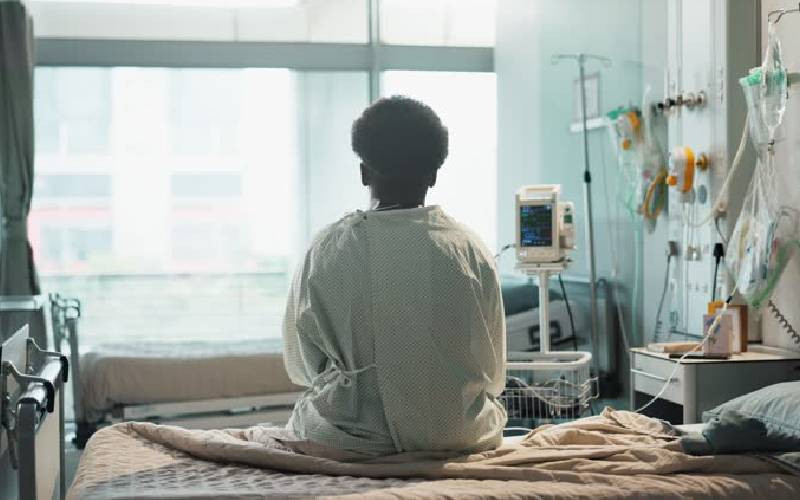One in Four Leukaemia Patients in England Face Delayed Diagnosis, Report Finds
A new study has revealed that around one in four people in England diagnosed with leukaemia have faced avoidable delays in their diagnosis — leaving many patients at risk of reaching a crisis point before receiving treatment.
According to research commissioned by Leukaemia UK, more than 12,700 cases of chronic and acute leukaemia diagnosed between 2015 and 2023 were examined, excluding the pandemic years. The findings show that 28% of patients with acute leukaemia experienced delays even after visiting their GP with symptoms.
For others, 21% faced delays despite repeated GP visits, while 15% saw hold-ups even after abnormal blood test results. Alarmingly, more than a quarter of patients (26%) who encountered delays were eventually diagnosed in emergency settings such as A&E.
Leukaemia UK highlighted that 37% of patients are diagnosed in emergency care, almost double the national cancer average of 21%. The charity warns this shows too many patients are “slipping through the cracks” of the NHS system.
Call for Change
Fiona Hazell, Chief Executive of Leukaemia UK, stressed:
“Every diagnosis counts, but too many patients are still facing avoidable delays. This report should be a wake-up call for the Government to act urgently through the upcoming National Cancer Plan.”
Patients like Tracey Palmer-Hole, who repeatedly visited her GP with symptoms such as exhaustion, bruising, and bone pain, were misdiagnosed before ending up in A&E, where she was finally diagnosed with acute myeloid leukaemia (AML). While now in remission, she urged action to prevent similar experiences for others:
“Early diagnosis saves lives.”
The Bigger Picture
Over 10,000 new leukaemia cases are diagnosed in the UK each year. Experts, including Professor Willie Hamilton of the University of Exeter, stress that the findings highlight the urgent need for improved diagnostic pathways in primary care to reduce delays and improve outcomes.

